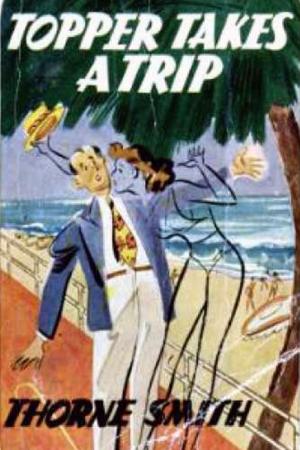The Captive (Sodom and Gomorrah) - In Search of Lost Time : Volume #5
In Search of Lost Time (Sunday Classic)
Fiction & Literature, Literary Theory & Criticism, French, Nonfiction, History, France, Romance| Author: | Marcel Proust, (Translator: C K Scott Moncrieff) | ISBN: | 1230000034674 |
| Publisher: | Sunday_Classic | Publication: | November 30, 2012 |
| Imprint: | Language: | English |
| Author: | Marcel Proust, (Translator: C K Scott Moncrieff) |
| ISBN: | 1230000034674 |
| Publisher: | Sunday_Classic |
| Publication: | November 30, 2012 |
| Imprint: | |
| Language: | English |
With this book, we enter the home stretch of Marcel Proust's massive seven-volume novel, A la Recherche du Temps Perdu (as published by the Modern Library in the 1930s). The whole work, itself, was assembled over years and not necessarily in any particularly linear order. The writing reveals the meandering but brilliant mind of its author. It also reveals a layer of obsession not fully realized by his intricate and often frustrating prose. At the end of the previous volume, Sodom & Gomorrah, Marcel fled to Paris with his lover, Albertine. He was determined to leave her, to abandon plans to marry her, but allusions to what might have been lesbian affairs trigger his profound and obsessive jealousy. He'd rather keep a woman who bores him to tears than to let her go out and live what our narrator feels to be a lacivious and dissipated existence. He can't bear to lose her to another woman, and thinks of potential liasons constantly, concluding, in effect, that all women are potential lovers to Albertine.
With this book, we enter the home stretch of Marcel Proust's massive seven-volume novel, A la Recherche du Temps Perdu (as published by the Modern Library in the 1930s). The whole work, itself, was assembled over years and not necessarily in any particularly linear order. The writing reveals the meandering but brilliant mind of its author. It also reveals a layer of obsession not fully realized by his intricate and often frustrating prose. At the end of the previous volume, Sodom & Gomorrah, Marcel fled to Paris with his lover, Albertine. He was determined to leave her, to abandon plans to marry her, but allusions to what might have been lesbian affairs trigger his profound and obsessive jealousy. He'd rather keep a woman who bores him to tears than to let her go out and live what our narrator feels to be a lacivious and dissipated existence. He can't bear to lose her to another woman, and thinks of potential liasons constantly, concluding, in effect, that all women are potential lovers to Albertine.















